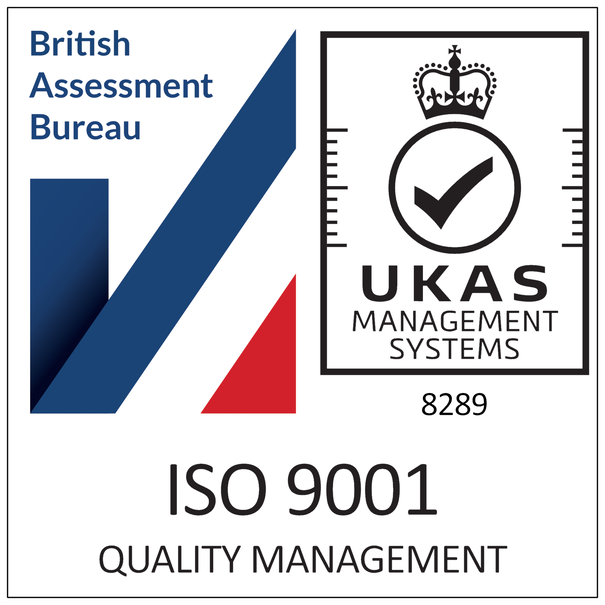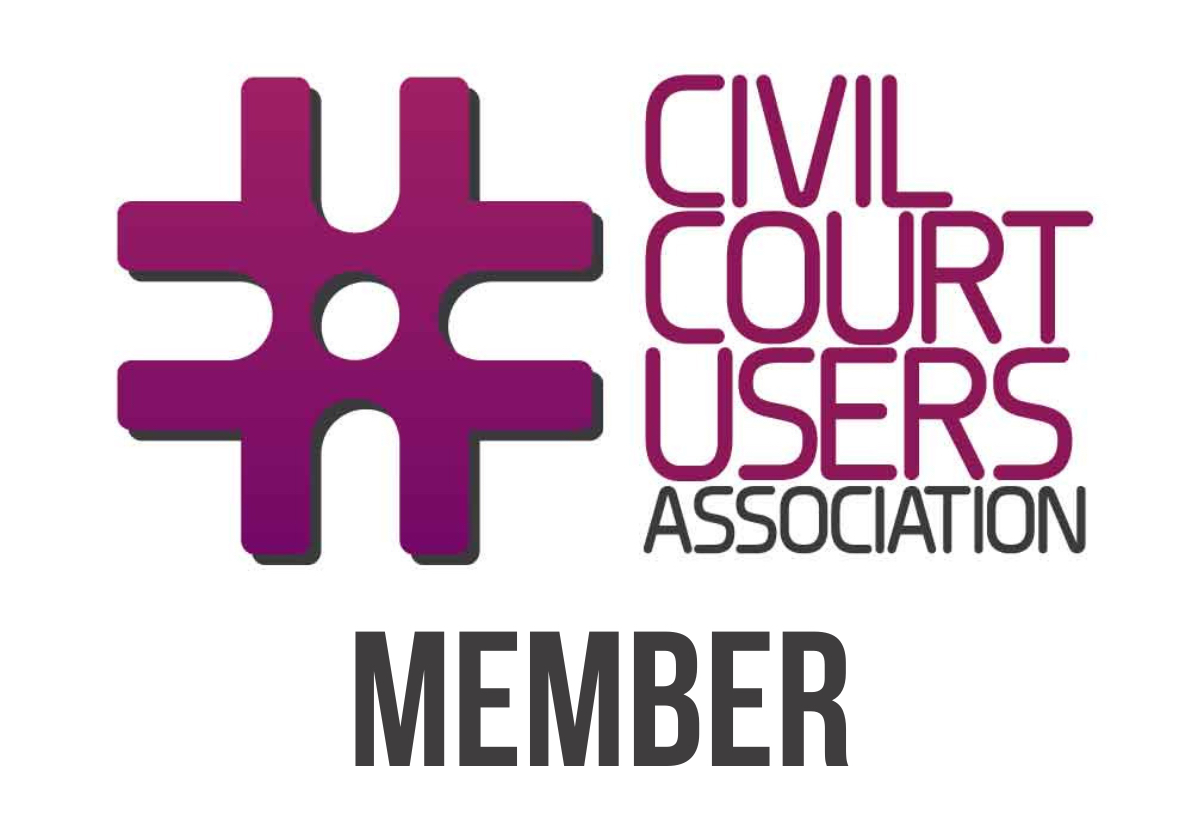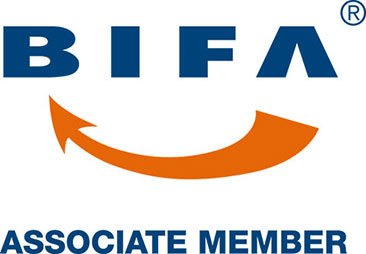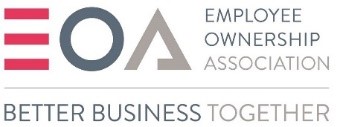
When creditors are looking to recover outstanding debts, one common approach is to run a “champion challenge”- pitting multiple collection agencies against one another to see which performs best.
On the surface, this seems like a smart, competitive strategy: let the agencies fight for your business and reward the one that recovers the most debt.
But while champion challenges might sound attractive, they aren’t always in the creditor’s best interest. Here’s why:
1. Short-Term Gains vs. Long-Term Strategy
A champion challenge is often focused on immediate results. Agencies know they’re being judged on a narrow window of performance, so they may take a short-term, aggressive approach to recover as much as possible, as quickly as possible.
While this can boost recovery rates in the trial period, it doesn’t always reflect how sustainable—or compliant—the approach will be over the long run. A creditor who prioritises short-term wins may find that overall portfolio performance suffers in the months ahead.
2. Risk of Overly Aggressive Tactics
When agencies are competing head-to-head, there’s a risk that some may push the boundaries of compliance or customer care to secure results.
An overly aggressive approach might deliver higher collections in the short term, but it can damage customer relationships, harm brand reputation, and even trigger unwanted scrutiny, all of which cost far more than the debt recovered.
3. Skewed Performance Measurement
Champion challenges rarely provide a truly fair comparison. Debt portfolios differ in quality and collectability, so unless the accounts are carefully segmented, one agency may simply get the “easier” debts to collect.
This creates a misleading impression of performance and risks leading the creditor to choose a firm based on portfolio luck, not actual capability.
4. Disruption to Debtor Experience
Consistency matters in collections. If customers are suddenly shifted between agencies due to a challenge, the experience can feel confusing, inconsistent, and stressful.
This not only makes it harder to collect debts but also undermines the customer’s perception of the creditor. In industries like utilities, finance, or telecoms—where customers may return in the future; this churn can damage long-term customer loyalty.
5. Overlooking Partnership Value
Debt collection isn’t just about recovering money; it’s about finding a partner who understands your business, your customers, and your compliance obligations.
A champion challenge often reduces the decision to “who can collect the most in 3–6 months.” This overlooks the deeper value a firm can bring:
- Expertise in regulatory compliance
- Robust reporting and analytics
- Specialist strategies for vulnerable customers
- Tailored approaches that protect your brand
By focusing only on short-term recoveries, creditors may miss out on a strategic partner who could deliver more sustainable results in the long run.
A Better Approach
Rather than relying on a champion challenge, creditors should consider:
- Due diligence on an agency’s compliance record, technology, and customer care approach.
- Pilot programs that measure more than just cash collected, including compliance, complaint rates, and customer outcomes.
- Long-term partnerships built on transparency and shared objectives, rather than quick wins.
Final Thoughts
A champion challenge can sometimes provide useful insight, but it’s not always the best way to choose a debt collection partner. For most creditors, the smarter move is to look beyond short-term collections and focus on sustainability, compliance, and customer experience.
In debt recovery, the “winner” isn’t just the agency that collects the most in the first few months—it’s the one that protects your brand, delivers consistent results, and safeguards your customers over the long term.
If you’re considering how best to approach debt recovery, it may help to have a conversation with a partner who understands both performance and customer care.
You can speak to our team here to explore the options available.












